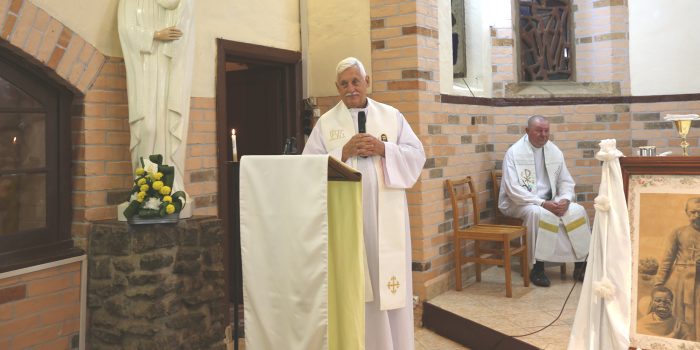The Jesuit delegation then joined Fianarantsoa, a city located 500 km south of Antananarivo, which houses several Jesuit apostolic works. After a well-deserved lunch specially prepared by students from the school of La Riziere, a Jesuit run higher institution, Fr. General met with the students and staff of U-Magis, the Jesuit university in Fianarantsoa area. In a gesture so typical to him, Fr. Sosa did not hesitate to join in the danse and chants performed by enthusiastic students and personnel. Such an unplanned interaction testifies to Fr. General’s closeness to people, which has always been very much appreciated




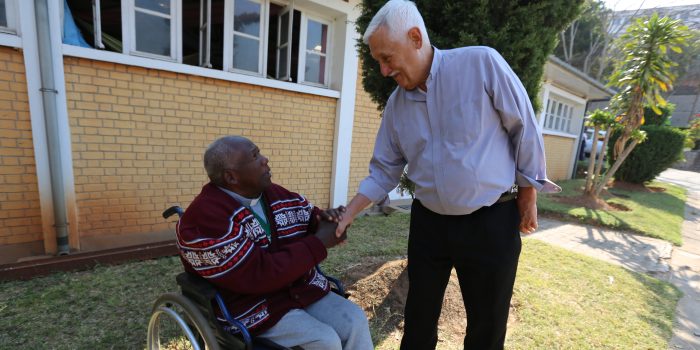

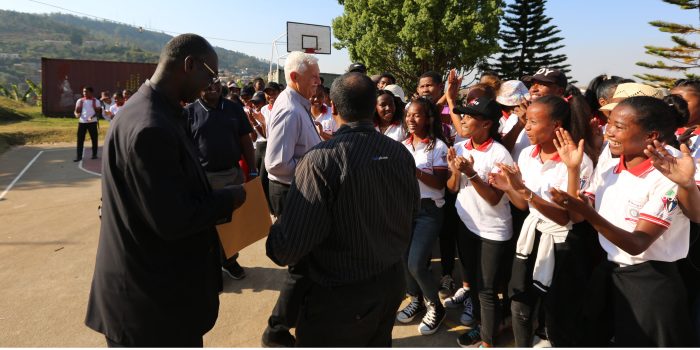

Later on, in his encounter with the local ordinary, Bishop Fulgence Rabemahafaly, the latter pointed out how the Jesuits pioneered in the area by their evangelizing work since late 19th Century. Bishop Fulgence underlined the current works of Jesuits who are present in various domains: evangelization in remote districts and nearby parishes, education in the Francois-Xavier High School in the city, various chaplaincies and other apostolic endeavors. Fr. Sosa reiterated the Jesuits’ availability to join in the challenging task of evangelization in its various forms.
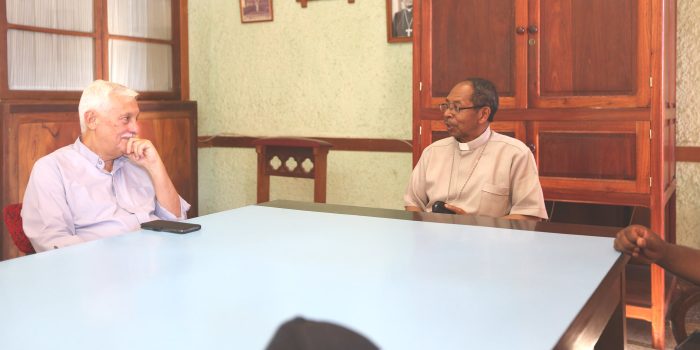

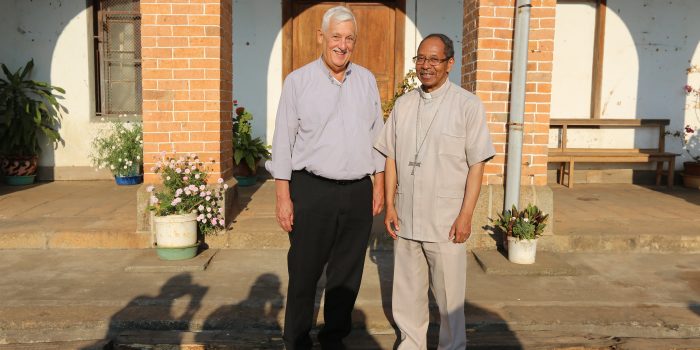

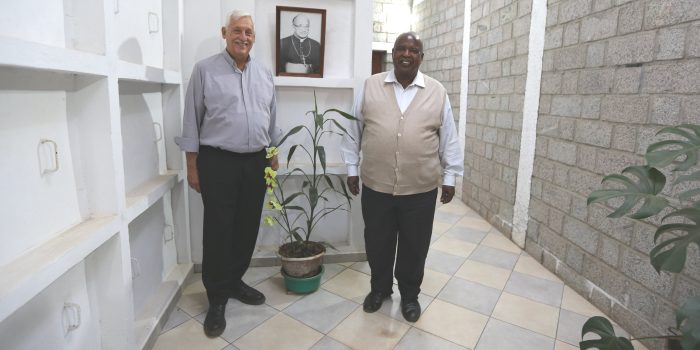
Undoubtedly, the hallmark of this third day was Fr. General’s visit to the leprosery of Marana, a place in which the blessed Polish Jesuit Jean Beyzym (1850 – 1912) dedicated his life to lepers. Although initially unscheduled, Fr. General insisted in having mass there along with Fr. Fulgence Ratsimbazafy, SJ, Provincial and Polish Jesuit Fr. Joseph Pawlowski, the leprosery’s chaplain. Since the time of Jean Beyzym until the present time, the sisters of Saint Joseph de Cluny have been the unwavering helpers of the Jesuits in this challenging apostolate of being close to the very vulnerable ones. After Marana, Fr. General joined the Jesuit community of Mahamanina in which he would spend the night ahead of his encounter with the Jesuits in the area the following day.







